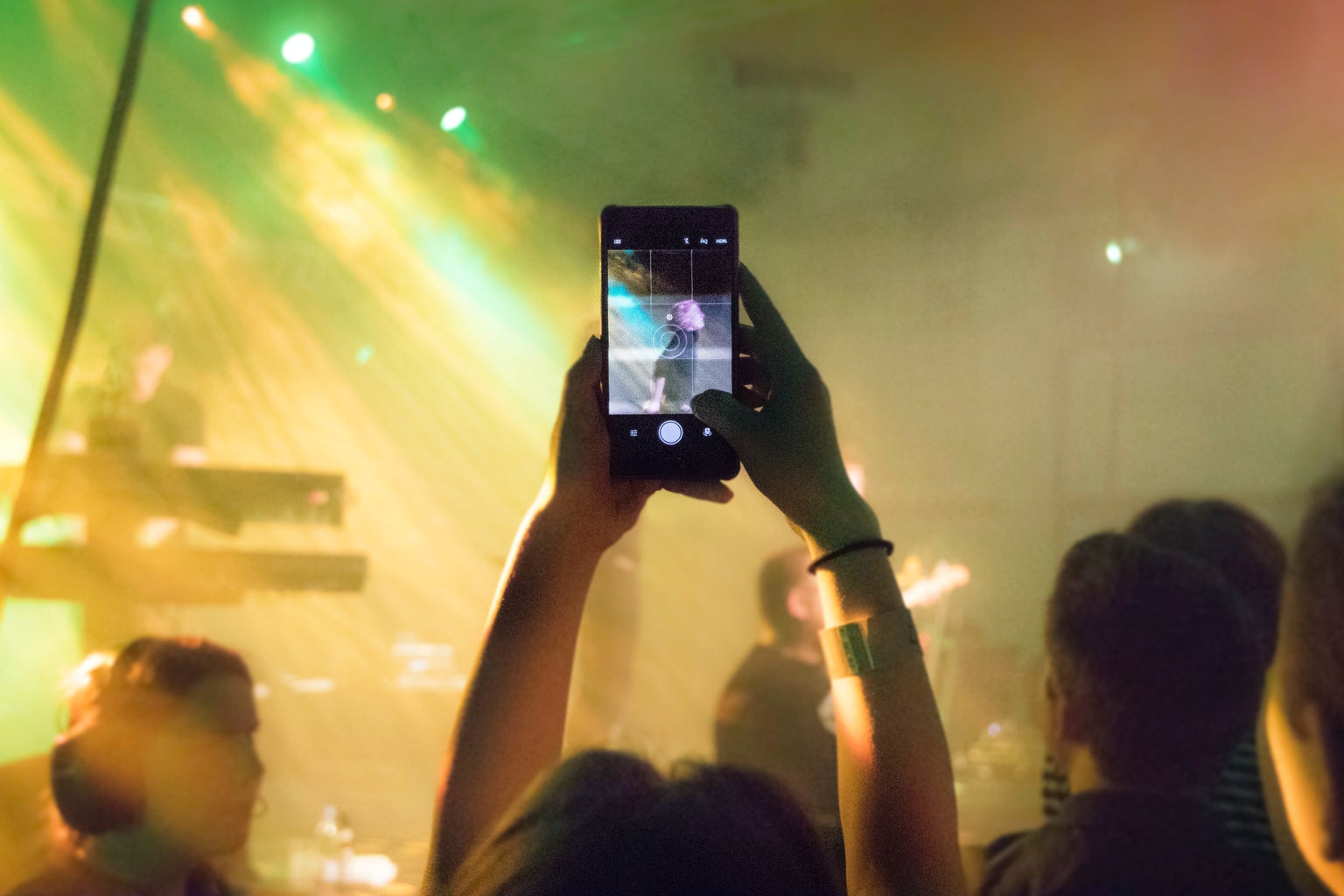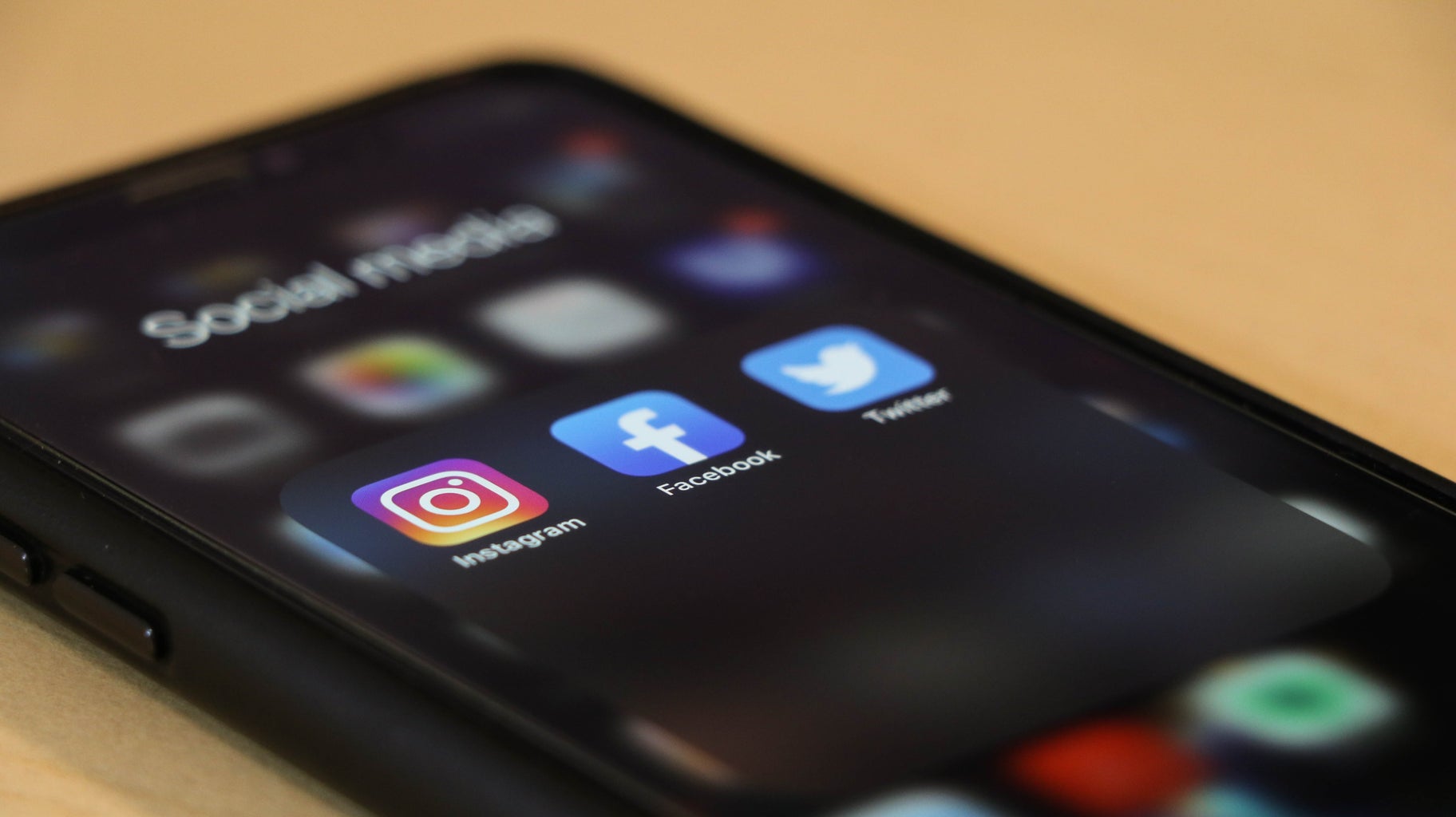American rapper and singer Doja Cat has been the subject of a lot of controversy recently because of her seeming hatred towards her fans and the effort she’s put into antagonizing her fanbase. But is she really the villain here? To me, it seems the real issue is the fans that think she owes them something, as if she has a personal relationship with them. Parasocial relationships seem to be becoming an increasingly alarming issue in today’s society, resulting in controversies such as these.
Parasocial relationships can be described as one-sided relationships where an individual invests time, energy, and intense emotion into someone who is entirely unaware of the individual’s existence. This is most common among fans of celebrities and such is the case with Doja Cat. Fans invest time, emotion, and energy into a “relationship” with her that quite literally does not exist. Fans who are unable to separate an artist’s music from their personality become heavily invested in the artist’s personal life and feel like the artist has a personal relationship with them.
When it comes to music, fans can identify with the music an artist makes; they can feel as if those experiences they express in their lyrics are shared experiences, as if the artist is speaking directly to and identifying with them. This is why we’ve either felt ourselves or seen others feel like an artist’s music has “saved” them. With the way social media continues to crack open our lives for others to see, this can become an exacerbated issue. In an age where we’re expected to share literally every aspect of our lives online, it can be hard for a celebrity to have any sense of privacy whatsoever. Even aspects of their lives they choose not to share, such as romantic partners, are exposed by fans who make it their mission to scour photos, connections, and discover who an artist outside of their social media pages.
Parasocial relationships can become very intimate in this way, which can lead fans to, feel as if they are close to an artist when in reality they are the only member active in the relationship, let alone actually knowing anything about the artist personally. It can create a sense of entitlement when it comes to knowing about the life of the artist, things they think the artist should and shouldn’t do. While parasocial relationships can actually be helpful to the individuals who engage in them, they can be damaging to the individual on the receiving end, as such is the case with Doja Cat.
Recently, the singer has been at the center of controversy because of comments she’s made about her fans as well as her rebranding herself. Doja released her fourth album, Scarlet, towards the end of September. Leading up to this release, she made a series of controversial since-deleted tweets. “I don’t though because I don’t even know y’all,” she wrote in response to a fan requesting Doja say she loved them. Her comments were met with disapproval, as many fans believed Doja does owe them something, considering celebrities’ fame is reliant on the continued support of those who admire them. She’s spoken in the past about how she doesn’t like the music she used to put out into the world, calling her previous albums “cash grabs,” though many wonder how true that is considering many people believe her new music sounds just as catchy as her old music. Right before Scarlet released, she lost a significant number of followers and took to Instagram to celebrate, the opposite reaction you would expect of a celebrity losing a large portion of their fanbase.
Doja also switched up her look some time ago, shaving her head and eyebrows on an Instagram Live video a little over a year ago. Since then, she’s donned a new, edgy persona that contrasts with the way she used to dress and act. While she previously used to dress in a way I can only describe as upholding the male gaze, she has since become “ugly” in the eyes of many for dressing more alternatively. I’ll add that her outfits are no less suggestive than they were before, but she seems to be dressing in a provocative way now for herself as opposed to sexualizing herself for others as she used to by dressing in a traditionally suggestive way. She shows no less skin now, but she gets hate for her new look because it is alternative, because she chose to stop wearing wigs, because she controls the image she portrays to the world now.
In my opinion, the “Downfall of Doja Cat,” as people online are calling it, is largely attributed to the way that parasocial relationships are structured. It’s important to point out that Doja Cat has displayed incredibly problematic and erratic behavior in the past. She’s been called out in the past for using slurs as well as for being connected to racist behavior and associated with other various problematic people. But despite how serious some of these allegations were, being “canceled” never actually stuck, as is the case with cancel culture as a whole. So why is it that even though she’s been accused of extremely questionable things in the past, she’s losing all her support now?
I think it has to do with the way the public expects an apology for her questionable behavior. In previous incidents, Doja has released statements apologizing for or clearing up any allegations that came her way. Once she seemed to realize that she’s too famous to be ever truly canceled and that she can’t please everyone, she stopped apologizing for her behavior and began acting how she wanted to. I think her current attitude regarding her fans is a reaction to the idea that she is owned by them in a sense. When fans fuel a parasocial relationship with her, they demand things of her (such as an apology for her behavior), and when they don’t receive this, they stop supporting her because they feel as if they don’t know her (when they never really did). This is supported by fans’ reactions to her new look. As previously stated, she doesn’t dress less provocatively, but because she doesn’t look how people want her to look, because she isn’t sexualizing herself the way people want her to, her look is met with criticism.
Here lies the problem with parasocial relationships, I believe. It feels great to relate to someone’s music and feel like you know them. But when we assume we actually do know them, we begin to expect things from them. This can create an unhealthy attachment on the side of the fan, and be equally unhealthy, if not more, for the artist who feels trapped in their image. Doja Cat is only 27 and people already have this idea of her that they wanted to see for the rest of her career, which is daunting as someone still so young and early in their career.
I’m in no way saying that Doja Cat hasn’t displayed some really problematic behavior, and her harsh reactions to her fans are unwarranted in some cases. I do think that although society as a collective makes a celebrity famous, the celebrities aren’t there to cater to our every need or foster a relationship with fans. They don’t owe us anything because they are still people, and I think that they deserve to be people and express themselves without the constant criticism from fans. Parasocial relationships become dangerous for both the fans and the celebrities in these cases, and I think it’s important to reflect on why she has reacted the way she has.




